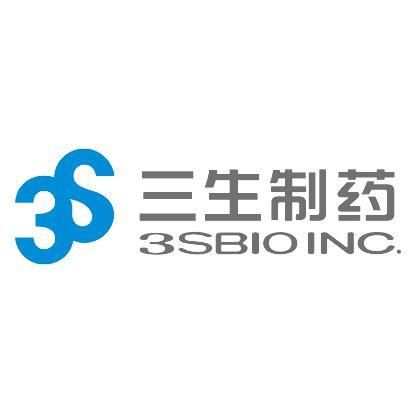Request Demo
Last update 22 Jan 2026
Recombinant humanized anti-IL17A monoclonal antibody(Sunshine Guojian Pharmaceutical (Shanghai) Co., Ltd.)
Last update 22 Jan 2026
Overview
Basic Info
Drug Type Monoclonal antibody |
Synonyms 重组人源化抗IL17A单克隆抗体 (上海三生国健), 608, SSGJ-608 |
Target |
Action inhibitors |
Mechanism IL-17A inhibitors(Interleukin 17A inhibitors) |
Active Indication |
Inactive Indication- |
Originator Organization |
Active Organization |
Inactive Organization- |
License Organization- |
Drug Highest PhaseNDA/BLA |
First Approval Date- |
Regulation- |
Login to view timeline
R&D Status
10 top R&D records. to view more data
Login
| Indication | Highest Phase | Country/Location | Organization | Date |
|---|---|---|---|---|
| Plaque psoriasis | NDA/BLA | China | 19 Nov 2024 | |
| Non-radiographic axial spondyloarthritis | Phase 3 | China | 15 Jan 2026 | |
| Ankylosing Spondylitis | Phase 3 | China | 31 Oct 2025 | |
| Chronic large plaque psoriasis | Phase 3 | China | 07 Jan 2023 | |
| Autoimmune Diseases | Phase 2 | China | 30 Jan 2022 |
Login to view more data
Clinical Result
Clinical Result
Indication
Phase
Evaluation
View All Results
NCT05536726 (NEWS) Manual | Phase 3 | - | 608:160 mg W0+80 mg Q2W+80mg Q4W | vplbdbtpcv(mdqqzkwdoo) = iovfsskzin rlgxwcirhn (ubtifitgat ) Met View more | Positive | 02 Aug 2024 | |
608:160 mg Q4W+160mg Q8W | vplbdbtpcv(mdqqzkwdoo) = vigcnfzwdj rlgxwcirhn (ubtifitgat ) Met View more |
Login to view more data
Translational Medicine
Boost your research with our translational medicine data.
login
or

Deal
Boost your decision using our deal data.
login
or

Core Patent
Boost your research with our Core Patent data.
login
or

Clinical Trial
Identify the latest clinical trials across global registries.
login
or

Approval
Accelerate your research with the latest regulatory approval information.
login
or

Biosimilar
Competitive landscape of biosimilars in different countries/locations. Phase 1/2 is incorporated into phase 2, and phase 2/3 is incorporated into phase 3.
login
or

Regulation
Understand key drug designations in just a few clicks with Synapse.
login
or

AI Agents Built for Biopharma Breakthroughs
Accelerate discovery. Empower decisions. Transform outcomes.
Get started for free today!
Accelerate Strategic R&D decision making with Synapse, PatSnap’s AI-powered Connected Innovation Intelligence Platform Built for Life Sciences Professionals.
Start your data trial now!
Synapse data is also accessible to external entities via APIs or data packages. Empower better decisions with the latest in pharmaceutical intelligence.
Bio
Bio Sequences Search & Analysis
Sign up for free
Chemical
Chemical Structures Search & Analysis
Sign up for free

